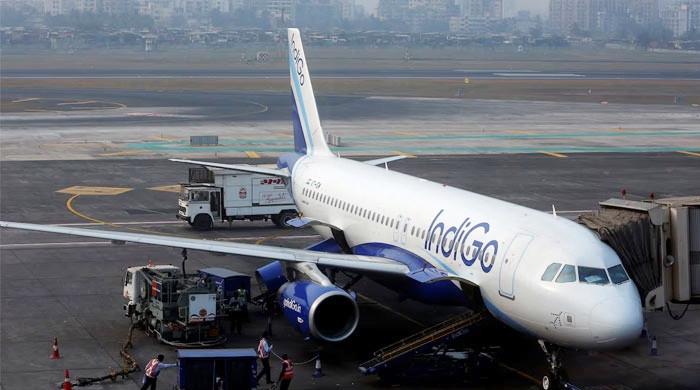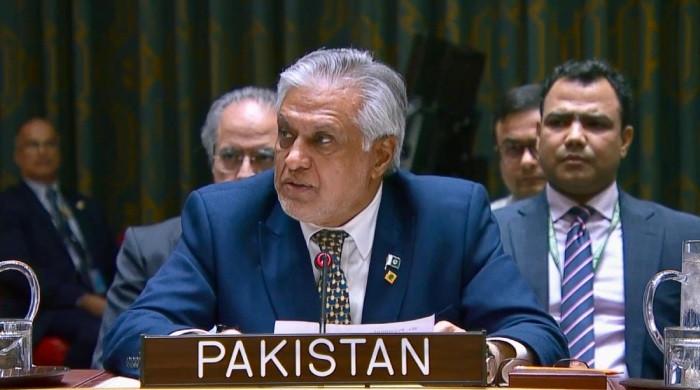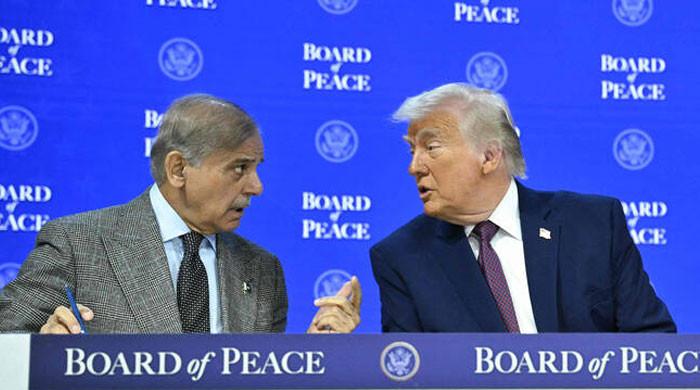Chinese development model suits Pakistan: PM Imran Khan
PM Imran Khan says the next phase of CPEC would focus on boosting Pakistan's agricultural sector
January 01, 2021

Prime Minister Imran Khan has said that the Chinese model of development suits Pakistan's needs the best.
"If we can learn from any one country in the world, it is China. Their development model suits Pakistan the best," he said while speaking at a ceremony in Islamabad on Friday. "The speed with which China developed in the last 30 years is something we can learn from," the premier said, adding that Beijing had managed to prove that poverty alleviation is true development.
Relocation of Chinese industries to Pakistan
PM Imran Khan said the government was looking to guide relocation of Chinese industries to Pakistan, similar to how China relocated industries to Vietnam. "For this purpose, we have launched special economic zones (SEZs). Next, we aim to convince them to export from Pakistan."
The premier regretted that no government had tried to boost exports in the past 50 years. "This is why we have to go to International Monetary Fund - when our imports outweigh exports and create a current account deficit."
PM Imran Khan said the government would hold discussions with the Chinese officials on increasing exports in the short term. "Pakistan has great potential," he stressed.
Boosting agricultural sector
Noting that Pakistan is an agricultural country, the prime minister regretted that the previous government had ignored the sector. "We are working with China on increasing our productivity and using their technology," he said. "The next phase the China-Pakistan Economic Corridor (CPEC) includes agricultural sector."
2021 will be the year for Pakistan's economic growth
The prime minister said 2021 would be a year of economic growth, emphasising that the country was already moving in the right direction as essential industries increased productivity.
Giving example of the construction sector, PM Imran Khan said an increase in cement sales was a clear sign that construction activity is on the rise.
He said the textile industry too was producing at full capacity for the first time in many years, resulting in a "shortage of labour" in the sector.











